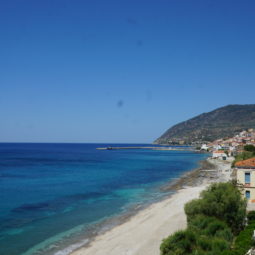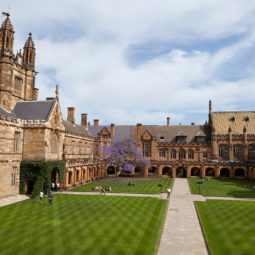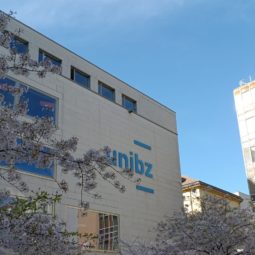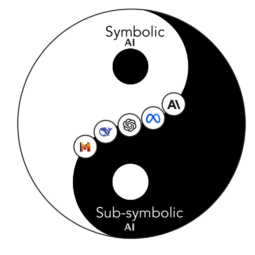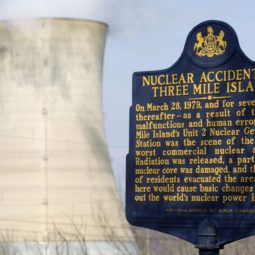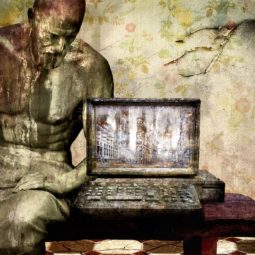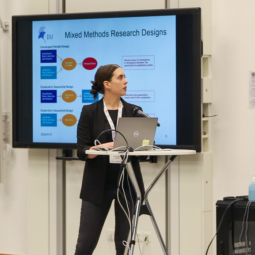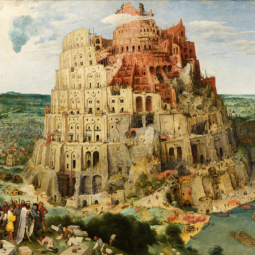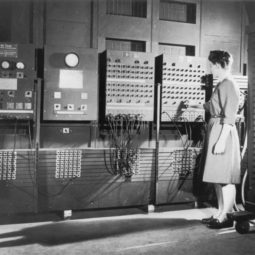The Lesvos Summer School, 2025
This spring I’ve had the opportunity to go on a research stay to the University of Sydney in Australia. What started as a simple email to an archaeologist who works on Pacific island archaeology, because of my interest in one of his books, turned into the idea that we could collaborate and share research methodologies while also presenting my work to a new audience and talk with students hoping to study abroad, all while being able to visit home for the first time since 2022.

